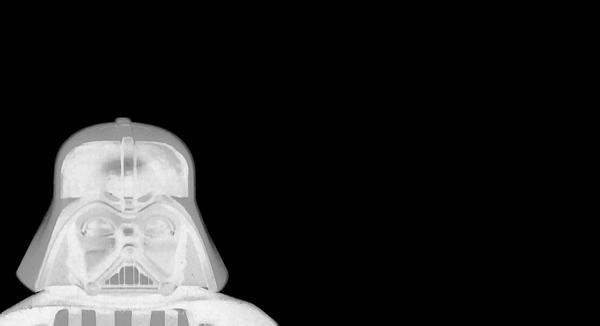Negative Tense い Adjectives
“What does not destroy me, makes me stronger.“ - Friedrich Nietzsche

Let’s take a look at what you’ve learned so far, and then apply the い adjective conjugation for negative tense. For negative い adjectives, you’ll want to change the following:
い → くない
So, if we take the word ふるい (old) for example, we’d see:
ふるい
Old
ふるかった
Was old
ふるくない
Not old
All you have to do is change the い on the end of the い adjective to a くない, and bam, you have negative form. Try changing a couple over on your own. Just like before, we’re adding the です to them not because it has any actual meaning, but because it makes the sentence more polite. Even though the い adjective is past / negative / past negative, we’re still using regular old です. Just one of the weird characteristics of い adjectives.
audio.mp3この タクシー は こわい です
This taxi is scary
audio.mp3あの ストリー は かなしい です
That story is sad
audio.mp3犬 は うるさい です!
The dog is noisy!
Before moving on, make sure you know how to conjugate い adjectives to negative form (as in, memorize that い → くない). I’ve also created a worksheet you can practice with.
